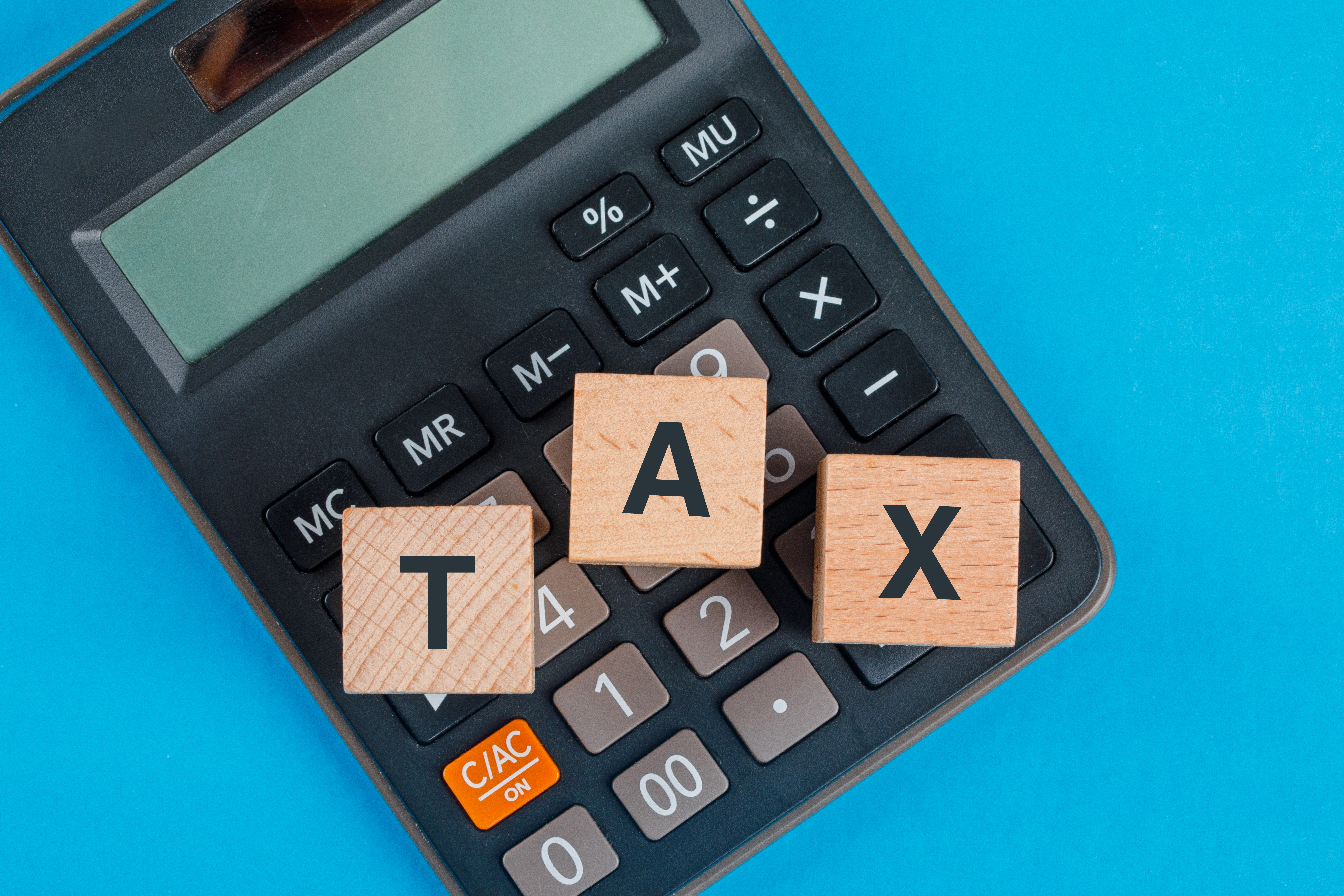If you earn a little extra on the side, whether that’s selling online, freelancing, dog walking, tutoring or renting out a room, you may have heard about HMRC’s planned changes to how this income is reported.
Currently, if you earn under £1,000 of self-employed or casual income per tax year, you benefit from the trading allowance – meaning you don’t need to report that income at all.
But this is set to change.
What’s changing and when?
The government has announced plans to increase the threshold for reporting untaxed income to £3,000. While the exact launch date is still to be confirmed, it’s expected to come into effect before the end of the current parliamentary term, which runs until 2029.
When introduced, this rule is designed to make things easier for people who earn small amounts on the side – and to reduce the number of people needing to submit a full Self Assessment tax return.
What will the new rule mean?
Under the new £3,000 rule, here’s what you can expect:
- Earn under £1,000 per year from side income?
You’ll still benefit from the trading allowance – no change, and no need to report it. - Earn between £1,000 and £3,000?
You won’t need to complete a full Self Assessment return, but you will need to declare this income via a new, simplified online process HMRC is developing. - Earn over £3,000?
You’ll still be required to register for Self Assessment and file a tax return as usual.
Who does this apply to?
This new rule is aimed at anyone earning extra income outside of traditional employment, including:
- Sellers on platforms like Vinted, Etsy or eBay
- Casual work like cleaning, delivery driving or tutoring
- Rental income (e.g. Airbnb or spare rooms)
- Freelancers and sole traders with smaller income streams
Even if you’re already employed and taxed via PAYE, you’ll still need to track and report your additional earnings correctly.
What to do next
If you’re unsure how these changes affect you, or you’d like to start preparing now, we’re here to help.
At SA Lee Accountancy Ltd we offer friendly, expert advice to ensure you stay compliant – without the stress.
💬 Need guidance on self-employment income or preparing for Self Assessment?
Contact us today – we’re here to make tax simple.
For more updates and support, visit our website.


